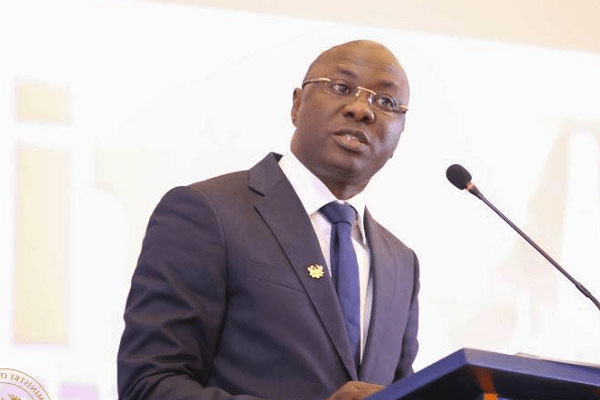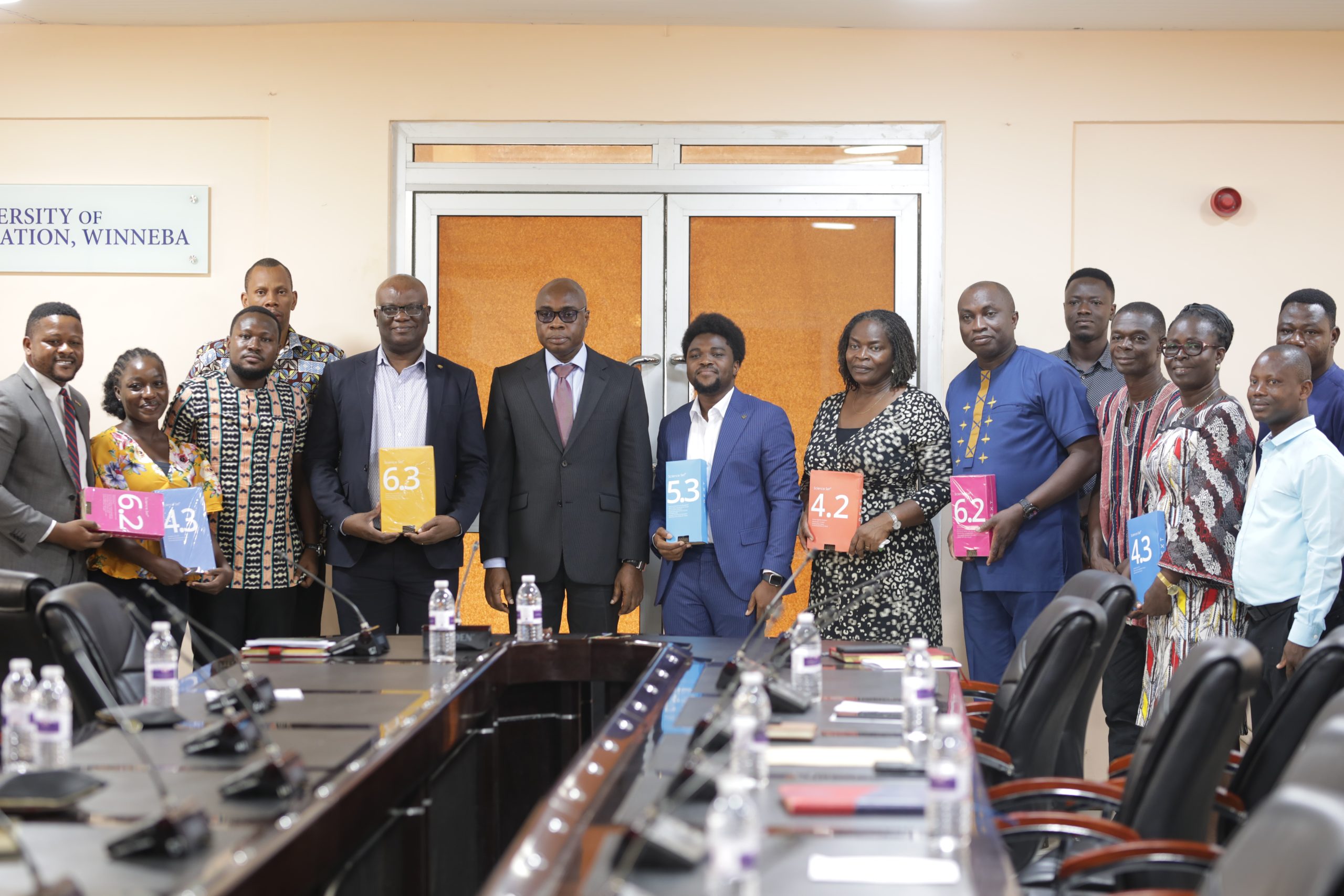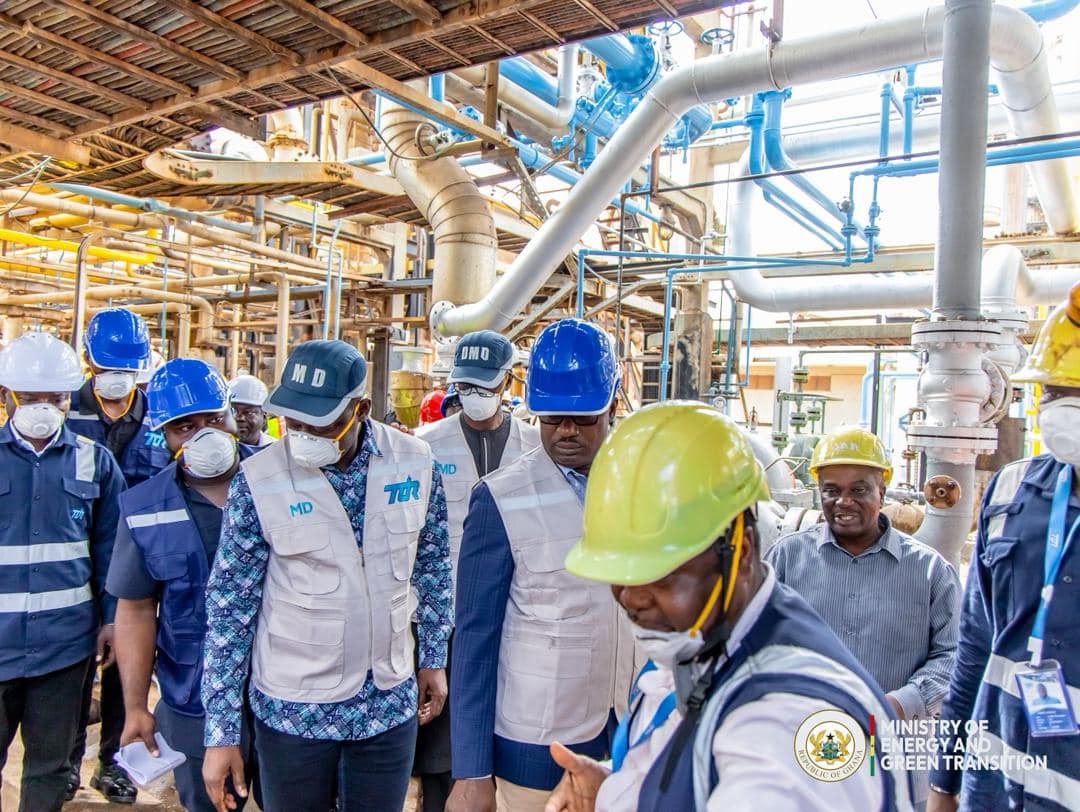

 African finance ministers have approved the creation of a continent-wide system to monitor domestic and external debt, amid mounting fiscal pressures across several countries.
African finance ministers have approved the creation of a continent-wide system to monitor domestic and external debt, amid mounting fiscal pressures across several countries.
The African Union’s (AU) Specialised Technical Committee on Finance, Monetary Affairs, Economic Planning and Integration adopted the African Debt Monitoring Mechanism (ADMM) during its 8th ordinary session held in South Africa.
The mechanism aims to strengthen transparency and coordination in managing public debt, as the continent grapples with an ongoing debt crisis. Nine African countries are currently in debt distress, while 11 others face a high risk of distress.
The median total debt service is projected to rise to 29.2 percent of general government revenue in 2025, according to AU estimates.
The latest decision, made during the meeting themed “Bridging Africa’s Health Financing Gap in a Changing Geo-Economic Context: Challenges and Potential Solutions,” is regarded as a significant step in enhancing Member State coordination on debt issues, considering that debt repayments are taking up an increasing portion of government revenue.
The adoption follows the February 2022 decision of the 40th African Union Executive Council.CL/Dec.1147(XL), which called on the African Union Commission to explore the establishment of a virtual mechanism for monitoring both domestic and external debt across the continent.
The Executive Director of the African Forum and Network on Debt and Development (AFRODAD), Jason Rosario Braganza, in a statement on the development, said, “This is a major milestone. The ADMM is consistent with the AU’s Agenda 2063 and the Abuja Treaty on the establishment of the African Financial Architecture. It is a critical piece in the debt restructuring reform agenda and provides a coherent and coordinated approach to debt restructuring in a united front.”
He contended that it would boost efforts to challenge the biased credit rating our economies face from the big three CRAs. “This political direction is key to the sovereignty of financial markets, credit ratings, and debt transparency and accountability,” he added.
The AU Commission’s Acting Director for Economy, Trade, Tourism, Industry, and Mining, Dr Patrick Ndzana Olomo, also said, “The AU Ministers of Finance and Central Bank Governors have taken a bold step forward by endorsing the establishment of the African Debt Monitoring Mechanism, a real-time AAMFI-supported debt analysis tool aimed at enhancing financial management.”
He said that the 8th STC on Finance created a unified platform to drive Africa’s financial future, focusing on three core areas: mobilising domestic resources. Attracting new investments and ensuring better debt management.
Additionally, the representative of the Debt Data Management Office in the Ministry of Finance, Zambia, Mr Malack Luhanga, added, “It is important for ADMM to ensure there is transparency in debt management for all member states in all the stages of managing debt; beginning with strategy, debt contraction, analysis and dissemination.”
He noted that debt transparency must be anchored on the existing legal framework of a member state, while calling for ADMM to have periodic assessments on the member states.
The 8th STC discussed Africa’s debt challenges amidst shortfalls in health financing occurring despite high-level commitments.
Increasing fiscal pressures and health needs have, in recent years, seen several African governments divert crucial medical expenditure to debt servicing instead.
The AU Commissioner for the Economic Development, Trade, Tourism, Industry and Minerals Department, Francisca Tatchouop Belobe, spoke of the imperative for Ministries of Finance and Health to coordinate policies to build resilient, equitable and sustainable systems that advance Africa’s development agenda.
She highlighted that nearly 20 years after the Abuja Declaration pledges to spend at least 15 percent of government budgets on health, African governments in 2021 allocated only about 7.4 percent on average – roughly half the target – are close to meeting this Continentally agreed target, with 95 percent of Africans living in a country not meeting the Abuja 15 percent goal.
The continent’s ability to invest in health is constrained by slow economic growth and limited fiscal space, as debt servicing competes directly with social sector needs, with an increasing share of government revenues.
In 2023, African countries paid an estimated $85 billion in debt service – the highest amount since 1998 – effectively constraining resources available for health and social services. Higher prices for medicines, medical supplies, and health worker salaries mean governments need to spend more just to maintain the same level of service – a difficult prospect under fixed budget ceilings.
The establishment of the ADMM will play an important role in supporting African countries heeding the call by the Belobe to bring health and finance technocrats and Ministers together and strengthen efforts towards achieving the 15% target in the Abuja declaration.
AFRODAD said the latest achievement is consistent with the aspirations of Agenda 2063, and embodies AFRODAD’s rallying call of “Africa Rule Maker not Rule Taker.”
By Nana Kwamena Botwe
The post African finance ministers adopt new mechanism to track continent’s debt appeared first on Ghana Business News.
Read Full Story






















Facebook
Twitter
Pinterest
Instagram
Google+
YouTube
LinkedIn
RSS